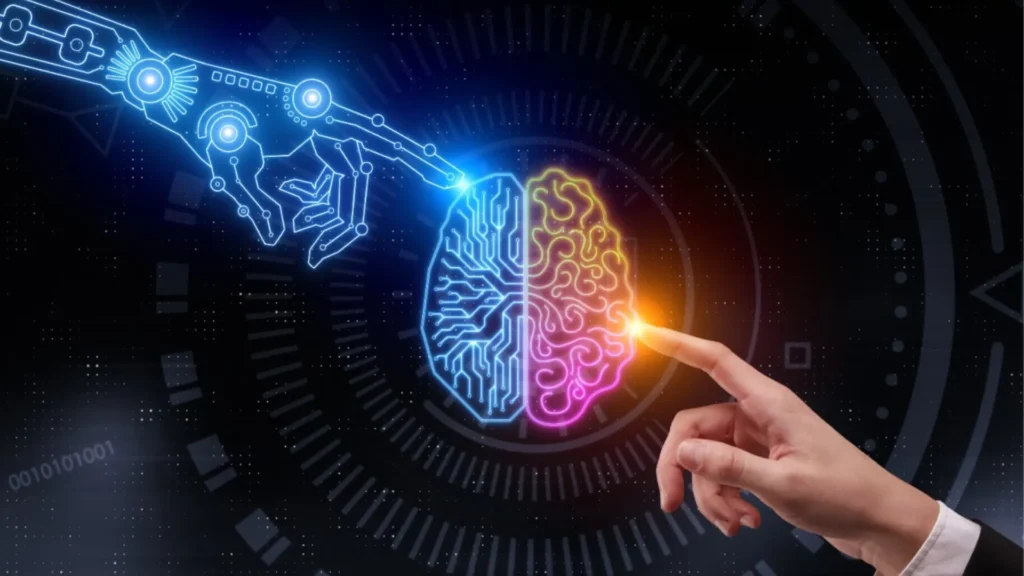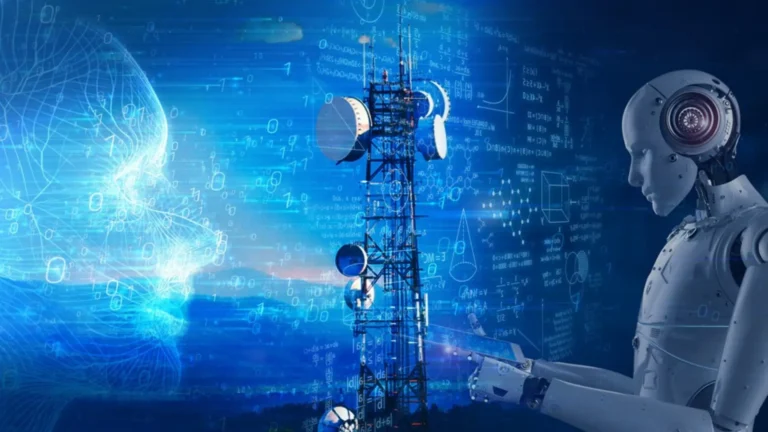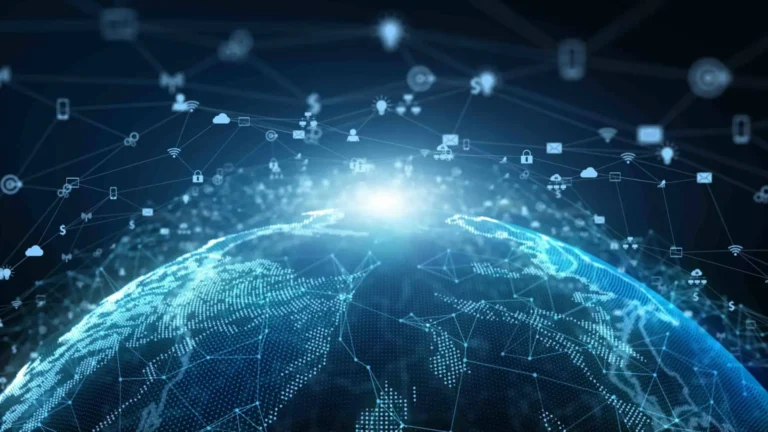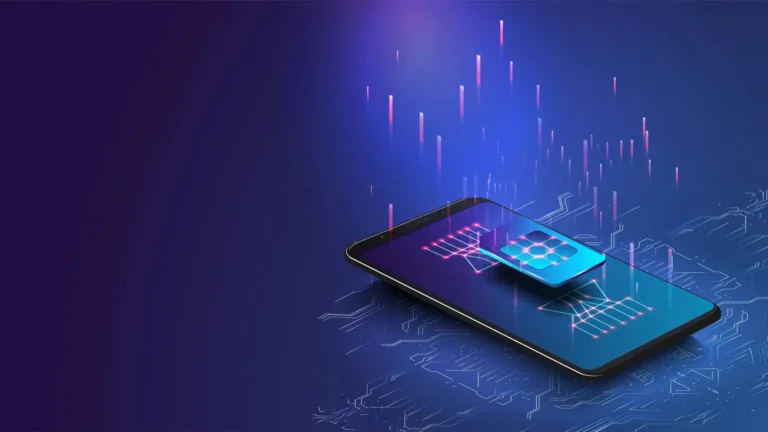
AI in Automating Human Resources Tasks
Human Resources (HR) departments are increasingly embracing artificial intelligence (AI) to automate a wide range of tasks, transforming talent management and streamlining operations. The role of AI in automating HR tasks goes beyond simple automation, it’s about leveraging intelligent systems to improve efficiency, enhance employee experience, and make data-driven decisions. The future of HR is being shaped by AI, enabling HR professionals to focus on strategic initiatives and cultivate a more engaged workforce.
AI’s ability to analyze vast amounts of data, automate repetitive tasks, and provide intelligent insights makes it a valuable asset for HR. From recruitment and onboarding to performance management and employee development, AI is revolutionizing how HR departments operate. This shift towards AI-powered HR signifies a move from manual processes to automated workflows, freeing up HR professionals to focus on more strategic and people-centric activities.
Automating Recruitment and Onboarding
AI is transforming the recruitment process by automating tasks such as resume screening, candidate sourcing, and interview scheduling. AI-powered chatbots can engage with candidates, answer questions, and even conduct initial interviews, reducing the time and resources required for recruitment.
Furthermore, AI can streamline the onboarding process by automating paperwork, providing personalized onboarding experiences, and answering new hire questions. This ensures a smooth and efficient transition for new employees, enhancing their initial experience with the company.
Enhancing Performance Management
AI can enhance performance management by providing data-driven insights into employee performance, identifying areas for improvement, and facilitating personalized development plans. AI-powered performance management platforms can track employee progress, provide real-time feedback, and even predict future performance.
This data-driven approach allows managers to make more informed decisions about performance evaluations, promotions, and development opportunities.
Streamlining Employee Development and Training
AI can personalize employee development and training by identifying skill gaps and recommending relevant learning resources. AI-powered learning platforms can analyze employee performance data and recommend personalized training modules, courses, and resources.
This personalized approach ensures that employees receive targeted training that addresses their specific needs, enhancing their skills and contributing to their professional growth.
Automating Administrative Tasks
AI can automate a wide range of administrative tasks, such as payroll processing, benefits administration, and leave management. AI-powered HR systems can streamline these tasks, reducing errors and freeing up HR professionals to focus on more strategic initiatives.
This automation not only improves efficiency but also ensures accuracy and compliance with relevant regulations.
Improving Employee Experience
AI can enhance the employee experience by providing personalized support, answering employee questions, and facilitating seamless communication. AI-powered chatbots and virtual assistants can provide instant support, answer frequently asked questions, and even guide employees through HR processes.
This personalized and efficient support enhances employee satisfaction and contributes to a positive work environment.
The Evolving Role of HR Professionals
As AI takes on more administrative and transactional tasks, the role of HR professionals is evolving. HR professionals are increasingly becoming strategic partners, data analysts, and employee experience designers, leveraging AI tools to enhance their capabilities and drive results. The future of HR lies in the synergy between human empathy and AI intelligence, where HR professionals use AI to amplify their skills and create a more engaged and productive workforce.



